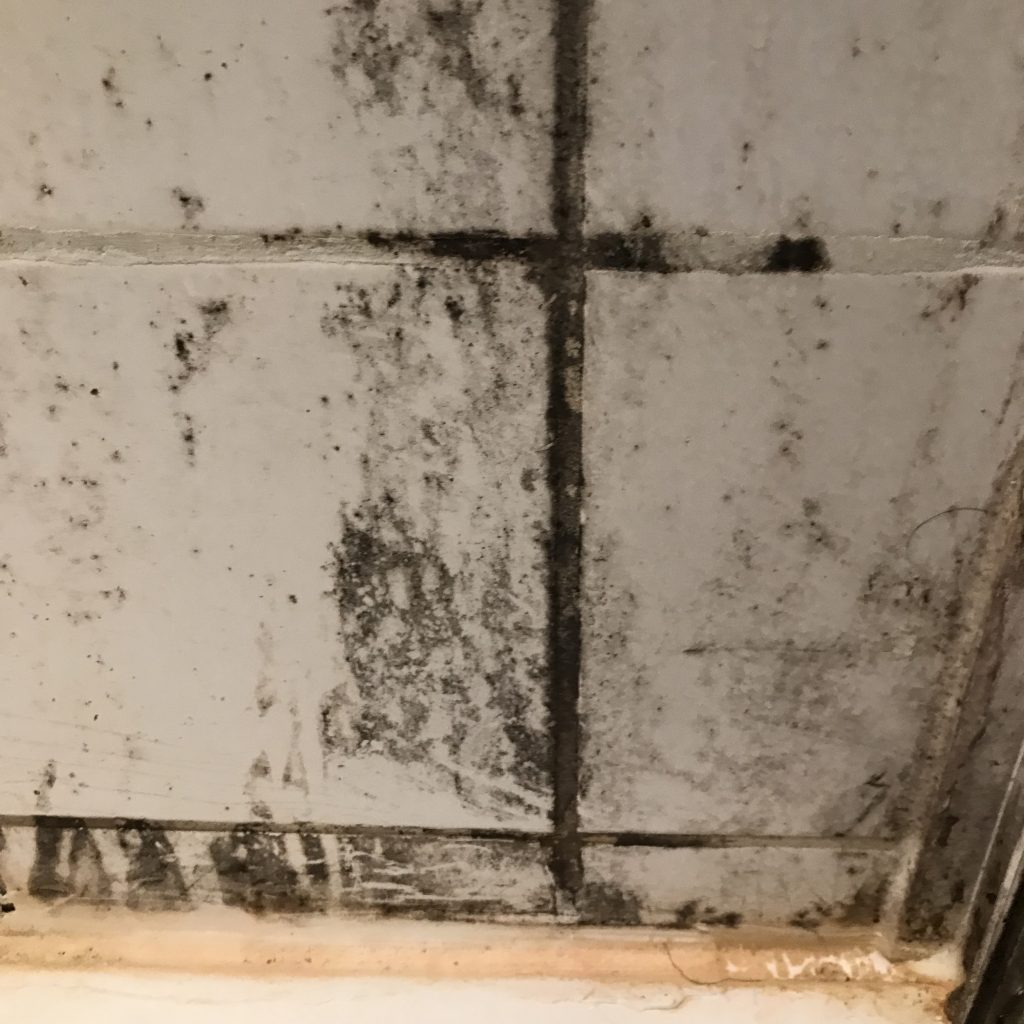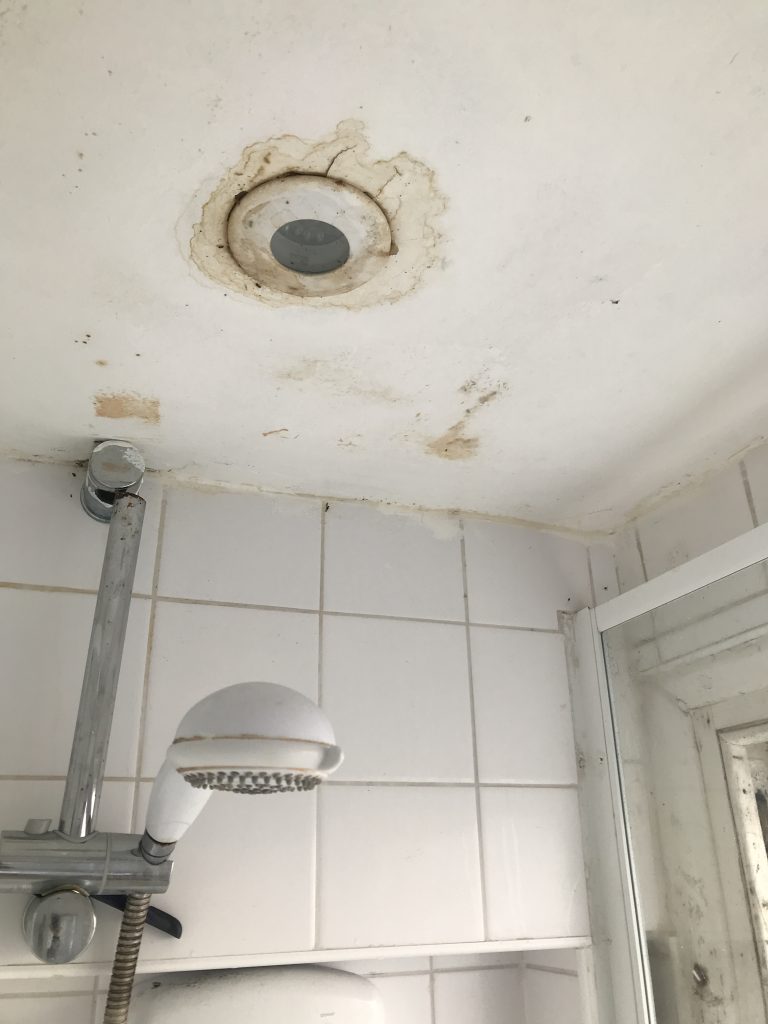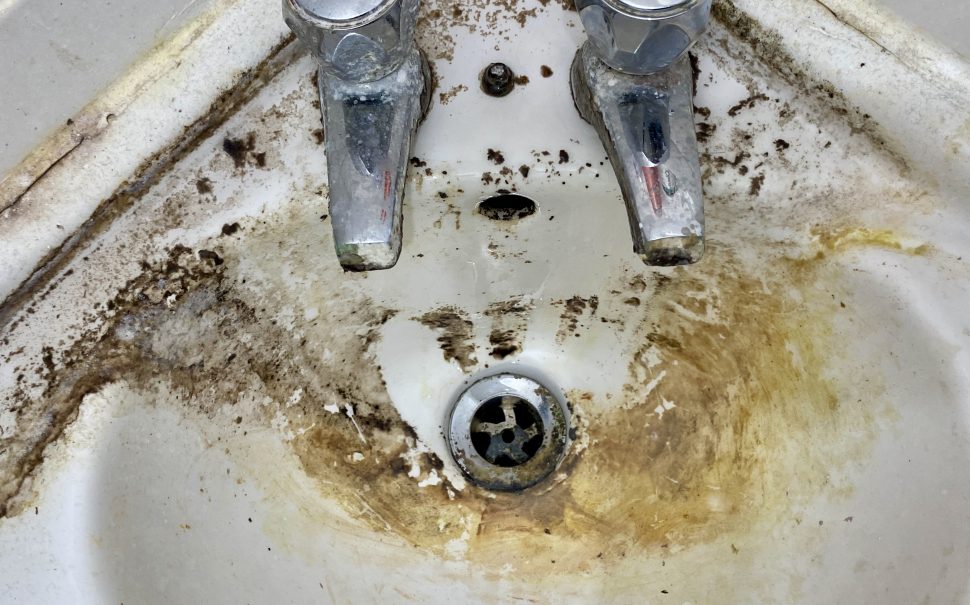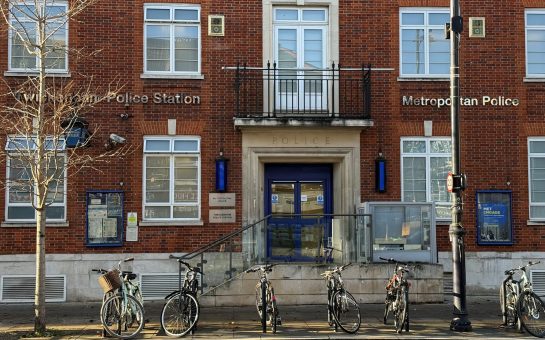The social housing sector saw a near 50% increase in damp and mould complaints over the past calendar year, new data shows.
A Freedom of Information request submitted to the Housing Ombudsman Service (HOS) revealed that 6,097 complaints were received in 2023, 46% more than the 4,174 filed in 2022.
The service, a public body which deals with complaints from social housing residents, has nearly five million households registered through member housing associations and local authorities.
Richard Blakeway, the current Housing Ombudsman, said: “Social housing is vital for residents and wider society, and our work aims to help strengthen it, but it is evident from our casework and the volumes of complaints we are receiving how challenging the situation has become.”
The graphic below charts how damp and mould complaints received by HOS have increased year-on-year, although the figures for 2024 are only relevant up to 19 February.
Blakeway’s statement was part of a business plan update released in March.
The significant rise in complaints comes despite ongoing parliamentary consultation of Awaab’s Law.
Awaab’s Law – named after two-year-old Awaab Ishak’s death in 2020 from exposure to mould – aims to ensure all social housing residents have enforced safeguards preventing hazardous conditions.
Just last month, the Ombudsman ordered Lewisham Council to pay nearly £20,000 in compensation for failing to ensure safe, mould-free living conditions for a family with a baby after mould was found on the baby’s cot.
There have been calls to extend Awaab’s Law into the private rental sector and Labour’s Deputy Leader Angela Raynor recently pledged to do so.
Fleur Anderson, MP for Putney, recently proposed a Private Members Bill aimed at tackling mould in private rentals, with support from Raynor.
SWLondoner talked to Maria*, 60, a private tenant who has experienced ongoing damp and mould issues in her flat.
She spoke about how untreated mould has damaged her physical health and mental health, with a persistent cough and constant stress being primary concerns.
Mould buildup around her bathroom became so bad it prevented the shower from operating safely.

Blakeway also highlighted how compensation awarded to complaining social housing residents has tripled in recent years – £3.7m by Q3 of 2023, compared to the £1.1m issued in 2022.
The visualisation underneath illustrates how the proportion of complaints which result in awarded compensation is also rising yearly, with 2024 projecting a continuation of this exponential increase.
The Ombudsman issued 803 orders of compensation in 2023 for damp and mould complaints, a rate of around 13%.
This is nearly double the 7% rate of the previous year, where 288 compensation orders were issued.
Continuing this exponential rise of compensation issued, data shows 92 orders of compensation issued in 2024 against 364 damp and mould complaints. This is an approximate rate of 25%.
Generation Rent is a leading public campaign group which aims to ensure every privately rented home is safe, secure and affordable.
Ben Twomey, chief executive of Generation Rent, said: “Everyone deserves somewhere safe and secure to call home and when we are denied this it is impossible to feel fully in control of our lives, to be completely healthy, or to put down roots in our local communities.
“Damp, mould ridden homes, severe and dangerous disrepair, with a Section 21 ‘no fault’ eviction, are all debilitating to renters.”

Anderson’s Private Members Bill is due for its second parliamentary reading on 26 April.
*Maria is a false name used to protect the source’s identity





